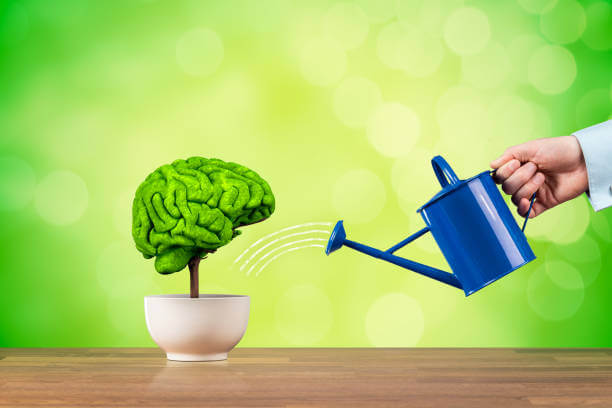
Some people might say that memory is important for personal reasons – such as being able to remember special moments with loved ones or recalling happy memories from childhood. Others might say that memory is important for work or school, so we can retain information and be productive citizens. The truth is, memory is important for all of these reasons and much more. So, it is important that we do everything we can to preserve our memories for as long as possible.
Not everyone has a naturally strong memory. Fortunately, there are ways to improve your memory through brain exercises and other techniques. By taking some time out each day to focus on improving your memory, you can see some real benefits in all areas of your life.
Below are some psychologist-approved strategies for improving memory.
Get Organized
A key part of improving your memory is keeping things in order. That means having a place for everything and knowing where everything is. This can be as simple as putting your keys in the same spot every day or keeping a daily to-do list.
Take Mental Snapshots
It has been said that the human brain is like a camera and that we take mental snapshots of the things around us throughout the day. These snapshots help to improve our memory by providing a visual reference for later recall.
How exactly do we take these mental snapshots? There are several techniques that can be used to take mental snapshots. One popular method is known as the “loci” technique, which involves associating certain objects or locations with specific items or information that you want to remember. For example, let’s say you need to remember to buy milk on your way home from work. You might associate the image of a cow with your workplace (the first loci), and then imagine placing a carton of milk next door to your front door at home (the second loci). By linking these two images together in your mind, you’ve created a mental snapshot that will remind you to buy milk when you see it on your way home from work.
Repeat, Repeat, Repeat
One of the best ways to improve your memory is to repeat the date, word, thought, lesson, or information. When you hear something new, say it out loud or write it down several times. This will help embed the information in your mind, so you can recall it later when you need it.
Use Mnemonic Devices
Mnemonic devices aid your memory and help you remember information more easily. They work by linking the information you need to remember with something that is easier to remember. For example, if you need to remember a list of items, you might use a mnemonic device such as “every good boy does fine” to help you recall the order of the items on the list (in this case, EGBDF).
There are many different types of mnemonic devices, and which one works best for you will depend on the type of information you need to remember and your own learning style. Some common mnemonic devices are:
- Acronyms: Acronyms are abbreviations formed from the initial letters of words. For example, the CIA is an acronym for the Central Intelligence Agency. Acronyms can be used to remember lists or sequences of steps (such as in a recipe). To create an acronym, make each letter in the acronym stand for something related to what you’re trying to remember—this will make it easier for your brain to retrieve the information later on.
- Rhymes: Rhymes can be used as memory aids because they’re easy to remember. When using rhymes, come up with ones that are humorous or nonsensical — these tend to be more effective than straightforward rhymes. For example, you might use the following rhyme to remember the order of the planets in our solar system: My very eager mother just served us nine pizzas, which stands for Mars, Venus, Earth, Mars, Jupiter, Saturn, Uranus, Neptune, and Pluto.
If strategies for improving your memory do not help, it could be a sign of a neurological disorder. Loss of memory is one of the hallmark symptoms of dementia, which is a neurological condition most commonly caused by Alzheimer’s.
Dementia Treatment in Farmington Hills, Novi, and Howell, MI
At Associates in Neurology, we have advanced diagnostic tools to make a definitive diagnosis of dementia. Our highly experienced neurologists regularly treat patients with dementia. We offer medication and therapeutic interventions and guided support to families and caregivers. Find out how we can make your or your loved one’s life better. To schedule an appointment, call our office today at (248) 478-5512 or use our online request form.


